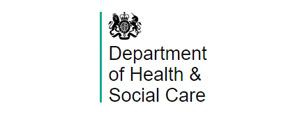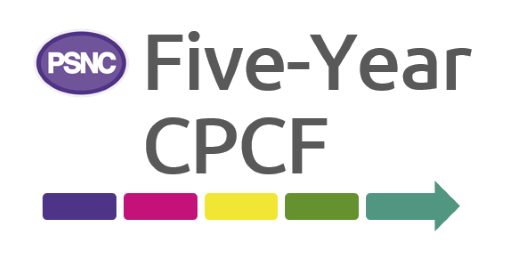PSNC and MPs continue to press on C-19 loans and sustainable funding
PSNC is continuing work to highlight the value that community pharmacies have delivered throughout the COVID-19 pandemic and the need for sustainable funding for the sector.
Over the weekend more than thirty politicians from across the political parties called on the Secretary of State for Health, the Chancellor of the Exchequer and the Chief Secretary to the Treasury to urgently write off the £370m in emergency COVID-19 loans granted to pharmacies last year, and ensure sustainable funding for the sector.
The MPs were led by Jackie-Doyle Price, who is Chair of the All-Party Pharmacy Group which PSNC and the other national pharmacy organisations support the Secretariat for. The MP letter, along with an update from PSNC CEO Simon Dukes, was covered in the Sunday Times this weekend (23rd May).
Read the Sunday Times article: Covid loan demands may close chemists
Community pharmacies received a total of £370m in advance payments to help alleviate cashflow issues at the start of the COVID-19 pandemic. Negotiations on those loans are still ongoing, alongside negotiations on Year 3 of the five-year Community Pharmacy Contractual Framework (CPCF) deal.
In his May video message to the sector, PSNC Chief Executive Simon Dukes said delivering new services under the CPCF will not be possible without a satisfactory outcome on pharmacy’s COVID-19 costs and the Committee remains determined that contractors’ COVID costs must be covered.
Parliamentary Debate: A Plan for the NHS and Social Care
PSNC is also continuing to brief MPs on pharmacy issues. In a House of Commons debate on the future of NHS and social care held last week (19th May), several MPs voiced their support for community pharmacy and the important role they have played during the pandemic.
James Cartlidge, Conservative MP for South Suffolk, said:
“I just want to make one key substantive point today, given that we are talking about a Bill that will reorganise the NHS: however we do that, we must maintain diversity of provision. I will refer to three key areas. The first is community pharmacy. I am a great fan of community pharmacy. It does a huge amount already, but it has earnt its spurs during the pandemic, giving out over 3 million jabs to date—more than the entire population of Greater Manchester. I have seen in my constituency how community pharmacies can really make a difference. My constituents have chosen them as their preferred place to receive a jab and it shows what more they can do. We must give them a deeper role in the delivery of healthcare in this country.”
Elliot Colburn, Conservative MP for Carshalton and Wallington, said:
“I want to raise in particular the incredible effort throughout this pandemic of our amazing community pharmacists, who are so often left out of the conversation. They have demonstrated just how important they are, and we must reward this effort by reviewing their funding model, expanding their roles and giving them a seat at a strategic ICS level to help shape the future of healthcare delivery in their local areas.”
PSNC CEO statement
PSNC Chief Executive Simon Dukes said:
“The emergency pharmacy loans received last year have been used by some of our most valuable healthcare providers on offering safe services for the NHS to help their patients during a global health crisis. This money has been spent.
Pharmacy teams have never worked harder than in the past year, and they have never been relied on more by patients and the rest of the NHS. And this hasn’t stopped – pharmacies are still helping the COVID-19 vaccination programme and they’re now a key player in the provision of NHS COVID tests. Why the Government would reward them for their loyalty by putting their livelihoods at risk, is a question I don’t have an answer to.
We’ve been negotiating on COVID costs since July last year, and the feet-dragging by HM Treasury is scandalous. We’re now in negotiations for the year ahead: pharmacies want to get on with delivering the new services that we had planned – but we can’t do that with the loans issue still hanging over our heads. Pharmacies need answers, and they need to be treated as the critical healthcare providers that they are.”










